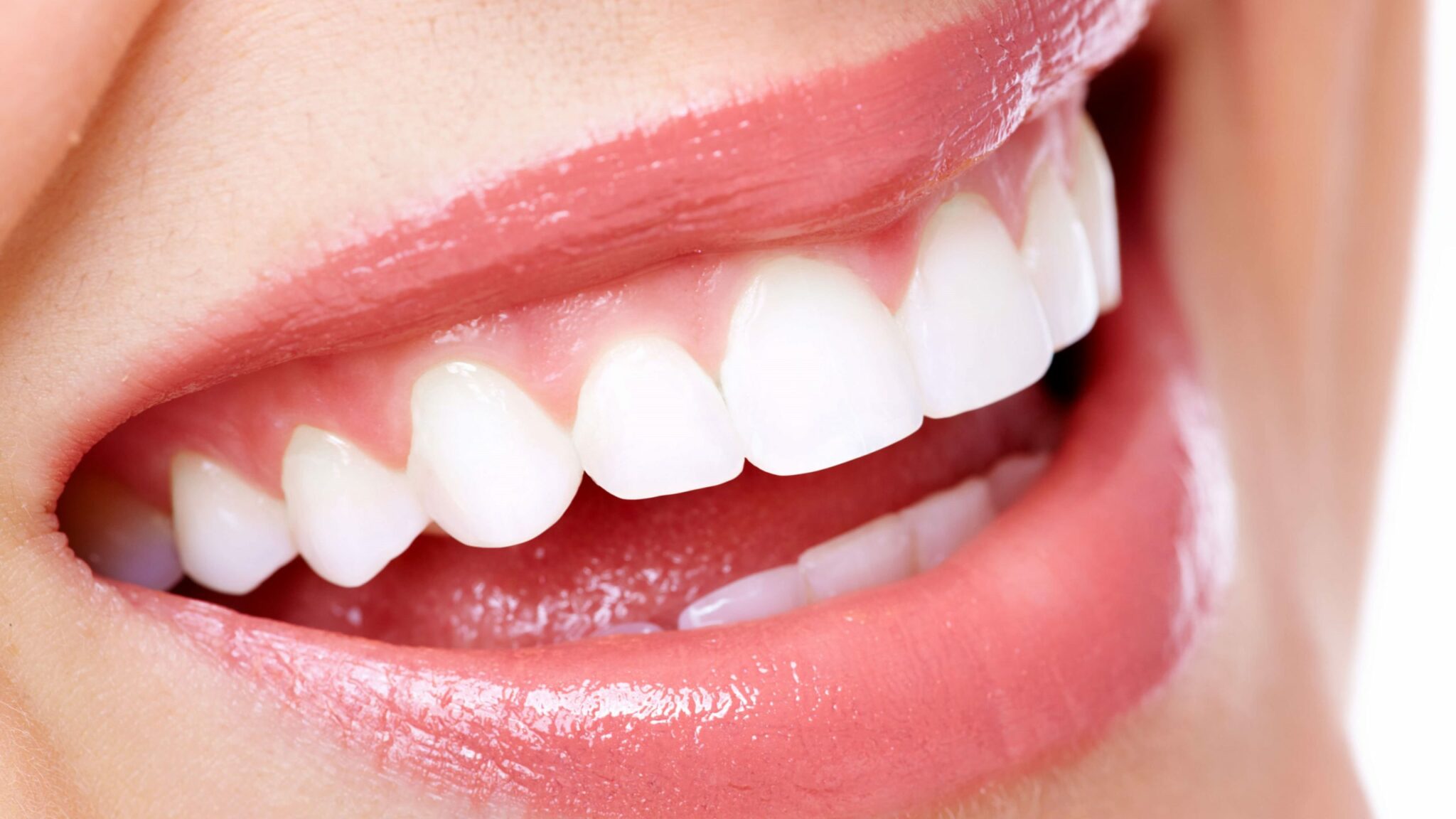Why dental health becomes more important with age, and how best to maintain it
This might surprise you, but your teeth don’t automatically start falling out when you get older.
Well, they don’t have to.
With age comes a lot of things. Some of these things are good, like experience, lifelong memories, and a bigger family.
Some aren’t quite so good, like bothersome aches and pains, a slower metabolism, and a higher risk of developing health issues.
But aging doesn’t have to come with tooth loss.
If – and this is a big if – you take good care of your teeth throughout your life, then you can hang onto your pearly whites well into your senior years. Even for your entire life!
Dental Express is here to help you tackle that “big if.” We’re here to arm you with knowledge, so your dental health matures as you mature.
From diet tips to senior dental care to dental care during pregnancy, you’ll learn how to stay on top of your oral health in every stage of your life.
Dental Health In Your Twenties & Thirties
Maintaining your dental health as you age starts with setting yourself up for success as early as possible.
First and foremost, the cornerstone of dental health in ALL stages of life is the following:
Brush twice and floss once daily while scheduling regular dental cleanings and checkups with your local dentist.
Important side note: if you’re not brushing correctly at home, the road to lasting dental health will be more like a rocky, off-road trail covered in potholes. If you’re not sure whether you’re brushing properly, here’s a helpful article that explains how.
Another powerful way to build a strong foundation of dental health is with your diet. If you’re in your twenties or thirties, start paying closer attention to your nutrition now.
Do your best to eat a balanced diet. Have a healthy amount of fruits, vegetables, grains, legumes, and an adequate amount of protein. If you’re able, include some low-fat dairy foods like milk or yogurt for the calcium.
Whether they’re healthy or unhealthy, the eating habits you develop now will carry over into your later years.
Don’t shoot yourself in the tooth! Choose healthy habits now to keep your teeth strong for the long haul.
Oral Health Concerns in Your Twenties & Thirties
When it comes to aging, oral health doesn’t have to be a game of catch up.
The sooner you learn to identify potential issues with your teeth, the sooner you can go to your San Diego dentist and get the attention you need.
Here are a few things to look out for as you go through your twenties and thirties:
- Gingivitis: if your dental care regimen isn’t up to par, plaque can run rampant in your mouth, eventually causing gum disease. It’s essential to catch gingivitis in its early stages to keep it from developing into periodontal disease. Periodontitis can lead to permanent bone loss. So, be sure to brush and floss daily, and schedule regular checkups with your dentist (twice a year unless otherwise recommended).
- Bruxism: this fancy word is just another way of saying that you grind your teeth. People usually do this without even realizing it while exercising, sleeping, or when they’re stressed. Over time, this can severely affect your oral health. If you notice you have chronic jaw pain, frequent toothaches, headaches, or sensitive teeth, then it’s time for a checkup at your local San Diego dentist’s office.
- Sensitive Teeth: can’t enjoy an ice cream or hot chocolate without your teeth betraying you? Then it might be time to go in and see what’s got them so upset. The good news is, sensitive teeth is a treatable issue. Talk to your dentist about what you do at home so they can identify any areas that may need improvement.
- Temporomandibular Disorders: this mouthful of syllables refers to the joints that control your jaw. If you have frequent jaw pain or soreness, headaches, or if your mouth pops like a Pringles can whenever you open it, you might have TMD. Check-in with your dentist to talk about treatment options.
It’s best to bring these issues up with your dentist sooner rather than later.
And here’s a bonus tip: always be open and honest with your dental health professional about your at-home dental habits.
Honesty is a crucial part of building a dental plan that best suits your needs. Your dentist can’t give you their best advice or treatment if they don’t know the whole story.
When you pay a visit to Dental Express in San Diego, we’ll go over your daily dental habits to establish a baseline.
From there, we’ll help you build a cavity and plaque-proof routine to keep your smile healthy at home. Then, together we’ll create a long term dental care plan focused on protecting and nourishing your teeth for life.
A plan worth smiling about!
Dental Care Between Forty & Sixty
Aging has its ups and downs, but if you know what to watch out for, you can keep your smile on the upside as you get older.
One common symptom people experience more with age is chronic dry mouth. But what many people don’t know is that a lot of times, dry mouth is caused by prescription medications.
Without the proper flow of saliva in your mouth, tooth decay can occur. So talk with your San Diego dentist about any health conditions you might have and any medications you’re taking.
The same goes for cancer treatments. Visit your dentist and check to see if your treatments are affecting your dental health in any way. If so, there are dental treatments your dentist can give you to keep your smile healthy.
If you have a missing tooth, explore your options with your dentist. It might not be visible, but if left alone, it could cause further dental issues. Let your dental professional take a look to see what the best course of action is.
Based on your situation, your dentist could recommend dentures, implants, or bridges.
Dentures
You might not know it, but your teeth do a lot more than chew your food for you. They help you speak clearly and maintain your facial structure as well.
That’s why, if you lose most or all of them, dentures are an excellent way to get your smile back. If your San Diego dentist decides you need them, they’ll make you a unique set to match your teeth, and you’ll be smiling from ear to ear in no time.
But like your teeth, you need to take care of them every day. They can collect plaque and become stained, just like real teeth.
Here are some tips from the American Dental Association (ADA) to take good care of your dentures:
- Before you brush your dentures, rinse them out to get rid of any loose food particles.
- Make sure to use a soft bristle brush with a non-abrasive cleaner to avoid scratching them.
- Clean your mouth from top to bottom: tongue, cheeks, gums, the roof of your mouth, everything. The more clean your mouth is, the less bothered it will be by having dentures in it.
- Put your dentures in water when you’re not using them to keep them from getting distorted.
Your dentures are your second chance at having pearly whites, so do your best to take care of them!
Bridges
If you’re only missing one or two teeth, a bridge might be the better option for you. Bridges are fake teeth that fill in the gap left by missing teeth. They can be removable, fixed, or supported by a dental implant.
Bridges are connected to nearby teeth to keep them in place, which takes us back to the cornerstone of dental health: take care of your natural teeth as much as possible!
Your dental care efforts at home will make sure your bridges stay strong and secure.
Dental Implants
If you want something more natural-looking than dentures, and a removable bridge seems like too much of a hassle, ask your San Diego dentist about dental implants.
According to the ADA, full dental implants are among the most significant breakthroughs in dentistry in the past forty years!
A dental implant consists of a support beam implanted into your jawbone and an artificial tooth that fits sturdily on top. Interestingly, this smile-restoring alternative is made of materials like titanium that work well with the body.
What makes the dental implant so secure and reliable is that when it’s implanted into your jaw, the bone grows around it and fuses with it. This feature makes it a supportive foundation for the use of implant-supported bridges or dentures, keeping them from shifting out of place.
The ADA states that your dental health and the strength of your jawbone are more important than your age when it comes to getting implants.
And you know what that means: take good care of your oral health at home and schedule regular dental checkups to give your implant (or any smile-renewing solution) the best chance of success!
Dental Care & Diabetes
The CDC states that 34.2 million people have diabetes in the United States. That’s more than every 1 in 10 people. If you don’t have it yourself, chances are you know someone who does.
These stats make it crucial to know how diabetes affects your dental health and how your dentist can help you treat it.
First, there are specific dental issues you might experience if you have undiagnosed diabetes. Symptoms like dry mouth, gingivitis, difficulty tasting things, or frequent oral infections are all characteristic of diabetes.
If you know you have it, your dentist can improve your body’s ability to handle your blood sugar levels by treating any gum disease you might have.
In the meantime, do your best to eat a balanced diet, stay active, and avoid smoking. And don’t forget to take care of your teeth like a dental pro!
Senior Dental Care
It becomes even more critical to keep up with your at-home dental care regimen and routine dental checkups with age.
Limiting sugary and highly processed foods and drinks is one of the best ways to protect your teeth as you get older. Keeping your bones strong and healthy with plenty of calcium is essential as well.
We often take these things for granted, but with age, taking care of your teeth at home can become challenging or even too difficult to do by yourself. In this case, your senior dental care plan may need to be more hands-on than earlier stages in life.
At the risk of sounding like a broken record, this is why frequent dentist visits are a must, especially as you get older.
Cancer
We touched on it briefly already, but cancer becomes a more significant concern with age. It’s good to know the risk factors and symptoms to bolster your senior dental care plan.
According to the American Cancer Society, men are twice as likely to develop oral cancer than women. Additionally, the average age of people with oral cancer is 62.
So, age and gender are big factors when it comes to this type of cancer. However, alcohol and tobacco use are the two strongest contributors. If you enjoy alcohol regularly, try to limit your daily intake to less than two drinks.
As for smoking, the only way to reduce cancer risk is to quit. And it’s never too late.
It won’t be easy, but you can talk to your healthcare provider and your dentist about ways to ease the transition.
Symptoms and warning signs of oral cancer to look out for, as listed by the American Cancer Society, include:
- Sores or pain in your mouth that won’t go away
- Lumps or hard, thick spots
- White or red spots
- Numbness in your mouth
- Loose teeth
- Jaw pain
If you’re over the age of sixty, when you visit your dentist in San Diego, share your drinking or smoking habits with them. Share any symptoms you may have.
It might help to write all the symptoms and concerns you have down before your appointment to make sure you cover them all.
Talk to your dentist about building a senior dental care plan that takes your unique lifestyle into account.
Dental Care During Pregnancy
Pregnancy can be such an exciting and magical part of life. With a baby on the way, there’s a lot to keep in mind. But don’t let your dental care take a backseat.
Despite what you might think, it IS safe to visit your San Diego dentist’s office while you’re pregnant. Dental care during pregnancy is a vital part of keeping you and your baby healthy.
Radiation from any x-rays you may get is very low, and your dentist will provide you with a protective apron to cover your midsection.
Also, any local numbing agents your dentist administers during a procedure are 100% safe for you and the baby.
It’s essential to let your dentist know you’re pregnant as soon as possible, even if you think there’s a chance you might be.
Being open about your pregnancy will let your dentist know whether to stop any medications or postpone any operations that may not be suitable during this time.
While your cornerstone of dental care should remain intact during pregnancy, there are some new things to be aware of when you’re brushing and flossing for two:
- Pregnancy gingivitis is normal: as a result of all the crazy hormones that pregnancy has to offer, your gums might get swollen and irritated—bleeding while brushing and flossing is typical as well. These symptoms are normal and will usually go away after your pregnancy. Talk to your dentist about more frequent cleanings to combat this condition.
- Cavities are more likely during pregnancy: with an increased appetite and potential for morning sickness, tooth decay can become a bigger issue. Maintain your at-home routine and see your dentist often to make sure you’re cavity-free or check up on existing ones.
- Growths on your gums might appear: referred to as “pregnancy tumors” even though they’re not cancerous, these swollen lumps can appear on your gums. They may bleed easily and look scary, but they typically go away after pregnancy. Talk with your dentist if they persist past the birth of your baby.
- What to do about morning sickness: if morning sickness becomes a problem, dissolve a teaspoon of baking soda into some water and use it as a mouthwash. The baking soda will help protect your teeth from stomach acid. Wait thirty minutes, and then brush.
- The pregnancy gag reflex: if gagging becomes as natural as breathing during your pregnancy, then brushing might be a bit challenging. Try swapping to a brush with a smaller head, changing your toothbrush flavor, and taking things as slowly as you need to.
- Folic acid helps your baby’s teeth: the proper daily amount of folic acid is essential to dental care during pregnancy. Folate supports the proper development of your baby’s teeth. So, make sure to eat high-folate foods and supplement with folic acid throughout your pregnancy.
There are so many issues during pregnancy that can make it hard to maintain your at-home dental care routine. What matters is that you do whatever it takes to stick to it.
Your baby will thank you!
Oral Health-Friendly Nutrition Recommendations
Today, we’ve talked a lot about how important it is to eat a well-balanced and nutritious diet. To help you make more teeth-friendly choices, here’s a list of general recommendations straight from the American Dental Association (ADA):
- Hard candies are hard on your teeth: not only are they jam-packed with sugar, but they’re also hard enough to chip or break your teeth. Go for sugar-free gum instead. Look for the ADA seal of approval!
- Ice isn’t nice: like hard candies, chewing on ice raises your risk of chipping or teeth breaking and can cause enamel breakdown. Stick to regular water to keep your teeth as healthy as possible.
- When life gives you lemons: use them in moderation. This rule goes for all citrus products. Offset your citrus consumption with regular old water to avoid the enamel erosion these high-acid foods cause.
- Coffee and tea: it’s not so much the drinks themselves that cause issues. It’s what you add to them. If you have to add sugar or other sweeteners, use as little as possible. Drink with a straw to help minimize staining, and keep drinking that water!
- Stick with non-sticky foods: sticky foods tend to, well, stick to your teeth way more than normal foods. Try to shy away from gummy candies. If you like dried fruit, be thorough when brushing and flossing.
- Crunch time: crunchy foods like chips are delicious and have a delightful texture, but they leave a lot of starch on your teeth. Floss well whenever you eat these kinds of foods to get rid of decay-causing plaque.
- Say no to soda: sodas contain a ton of sugar, are acidic, and usually highly caffeinated. These qualities make a dangerous combination that can eat away at your enamel and dry your mouth out. Limit your soft drink intake as much as possible, and make sure to drink some water with them whenever you can.
- Drink responsibly: excess drinking can lead to a variety of dental health issues. Dry mouth, gum disease, and even oral cancer are risks associated with alcohol consumption. As always, stay partial to water and avoid sugary mixers.
- Play defensively with sports drinks: these on-the-go fuel sources usually aren’t as healthy as they seem. Most sports and energy drinks are loaded with sugar and more problematic for your teeth than they’re worth. Opt for low or no sugar whenever you can, and, you guessed it, drink more water!
These tips only become more important with age, especially as part of a senior dental care plan. Study them closely and do your best to incorporate them into your daily life.
Smiles to Last a Lifetime
Aging brings with it a lot of new and unexpected things to keep in mind when it comes to your dental health.
But maintaining your oral health with age doesn’t have to be a chore. Senior dental care doesn’t have to be a hassle.
Guiding you on your dental health journey is what we do at Dental Express in San Diego. No matter what stage of life you’re in, we’ll meet you there with a carefully tailored plan to prevent and tackle any issues that may come up.
Make an appointment at any one of our six locations today. We’d love to team up with you!
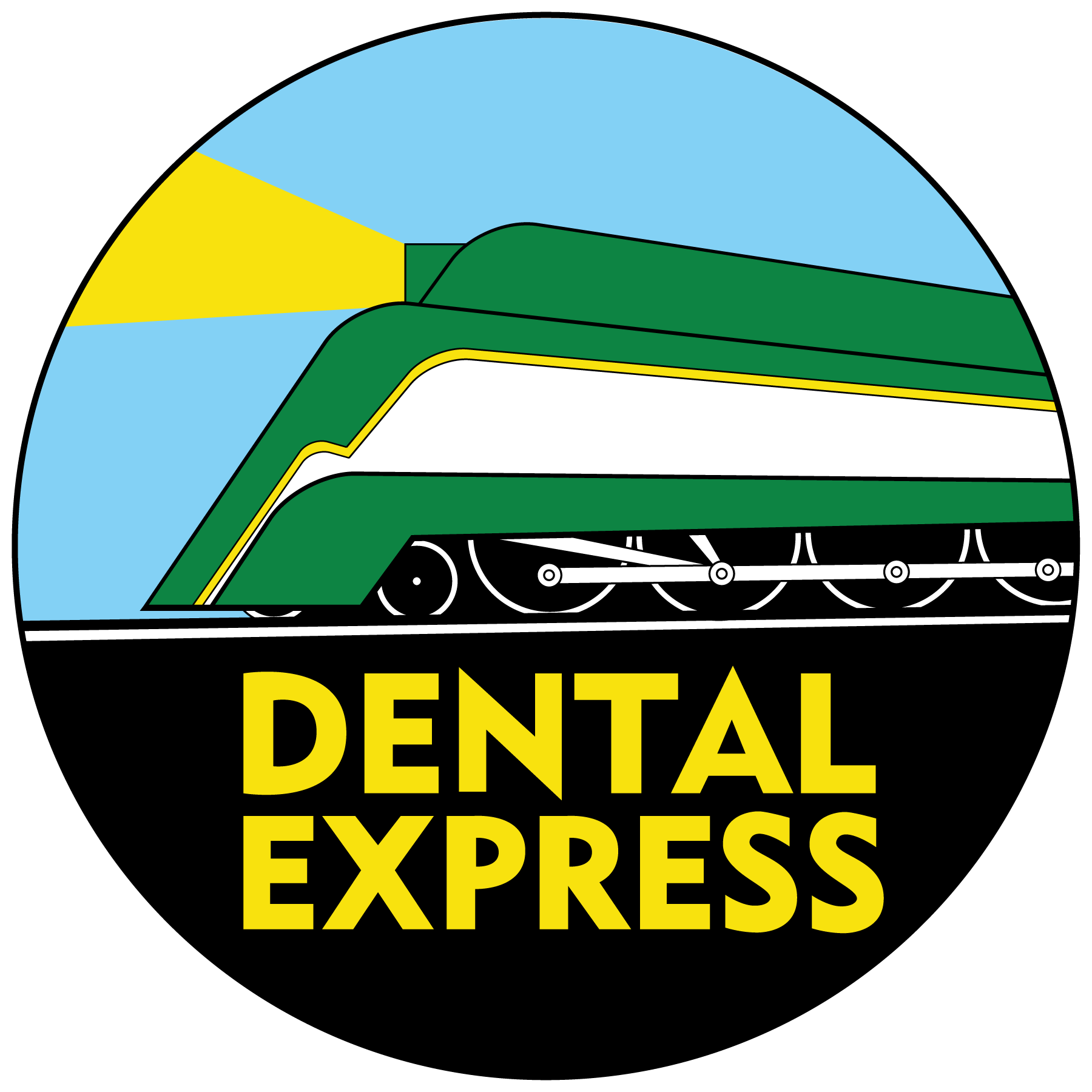




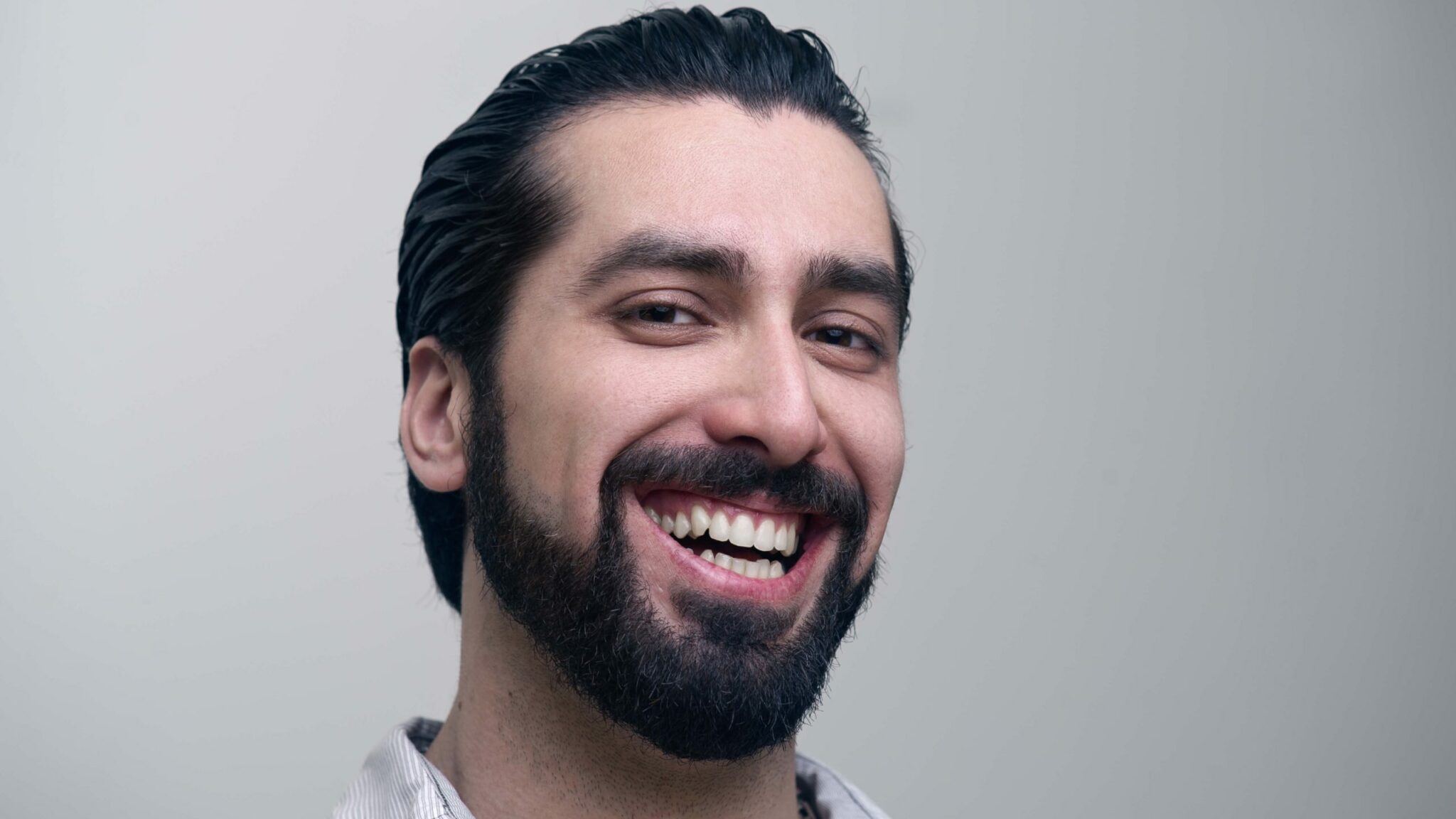
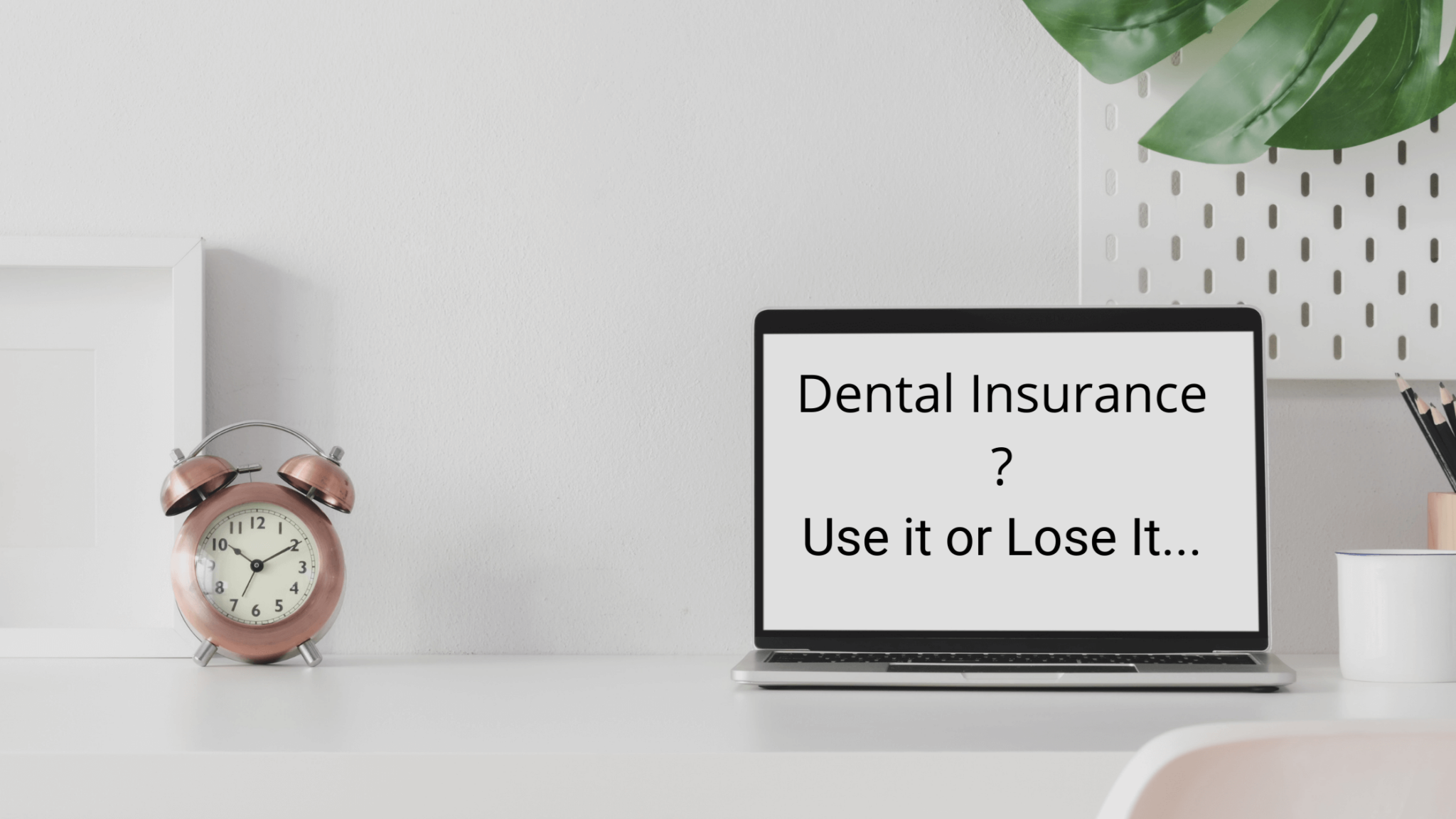
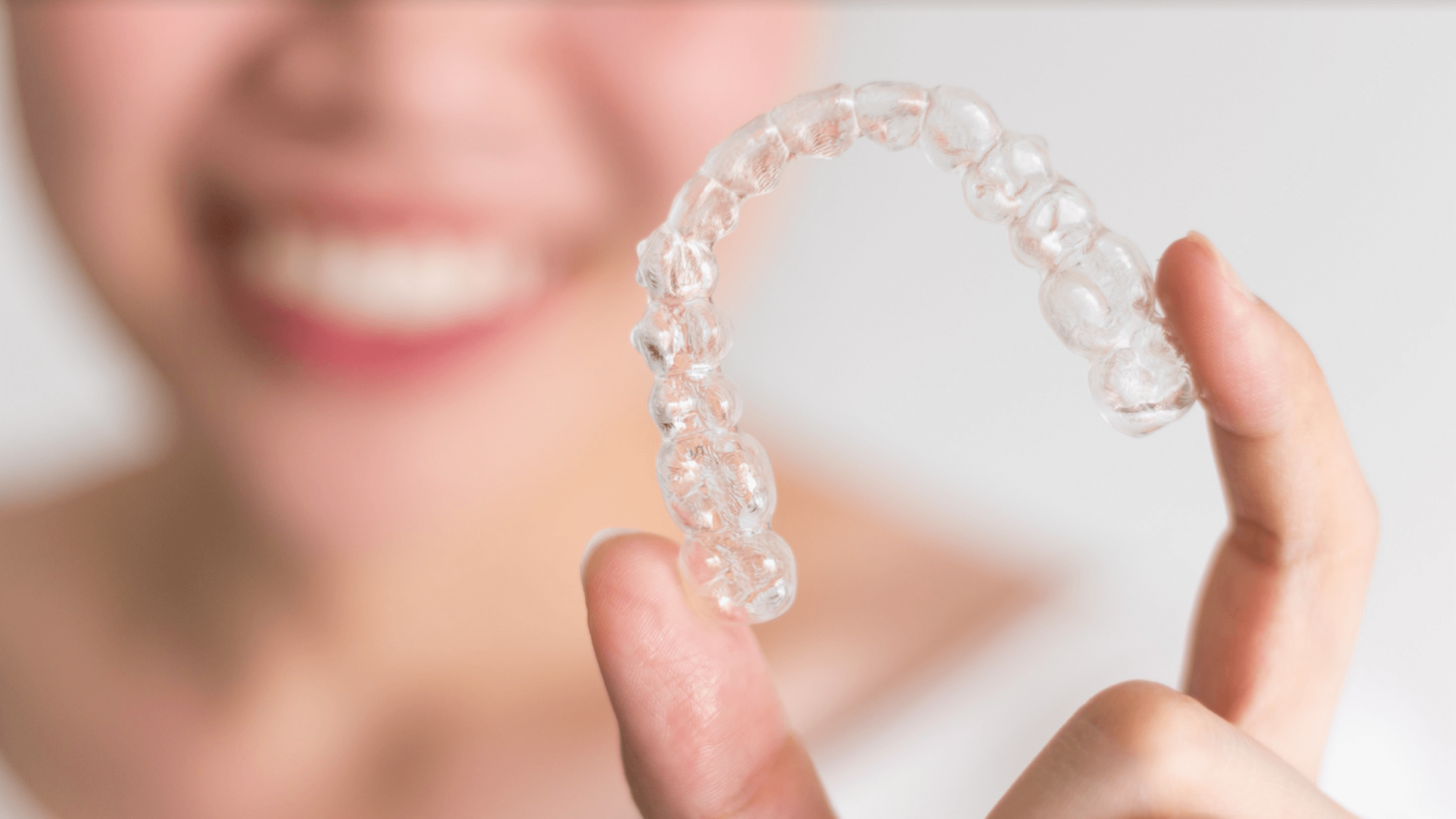

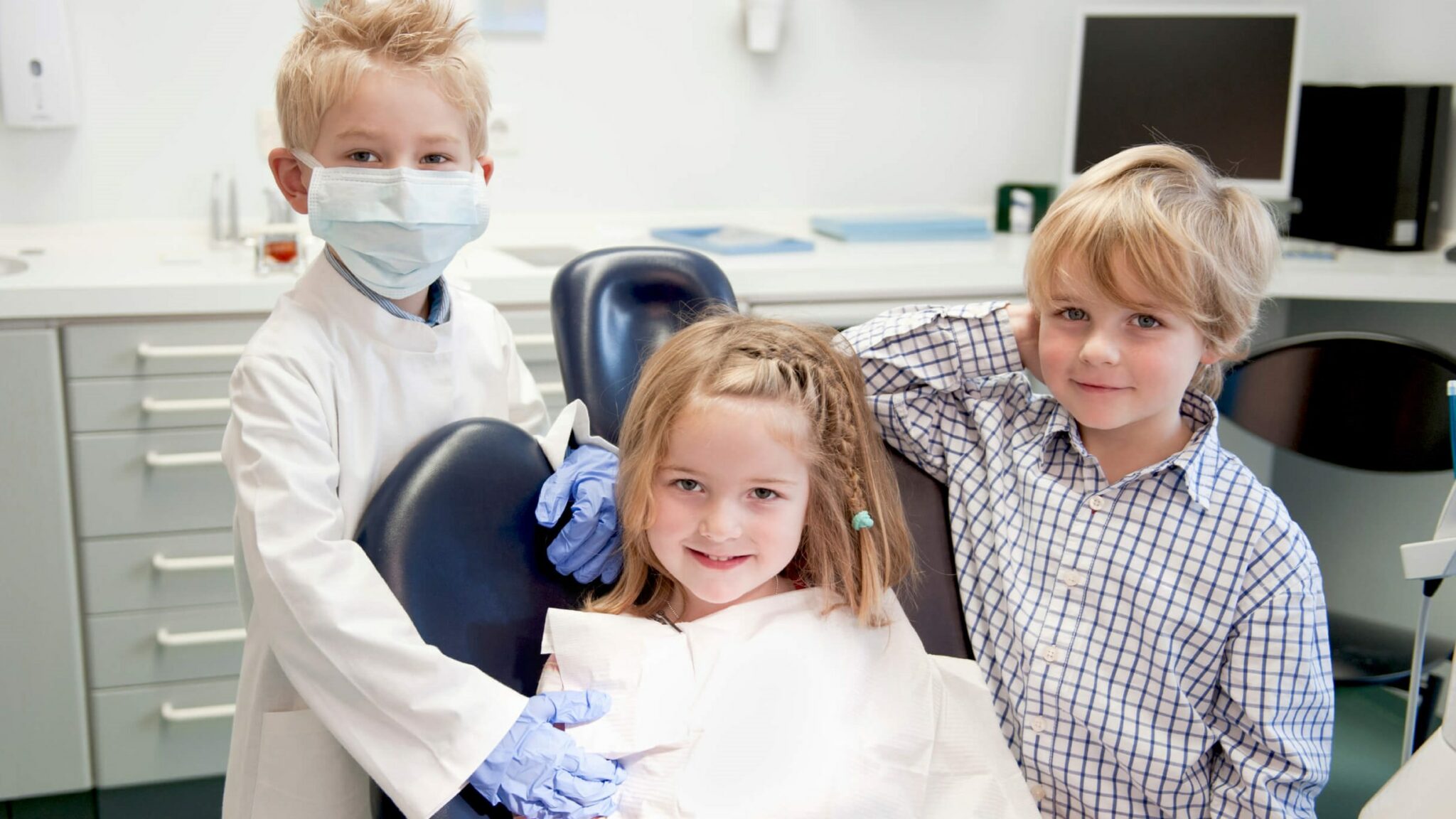
&srotate=0)
